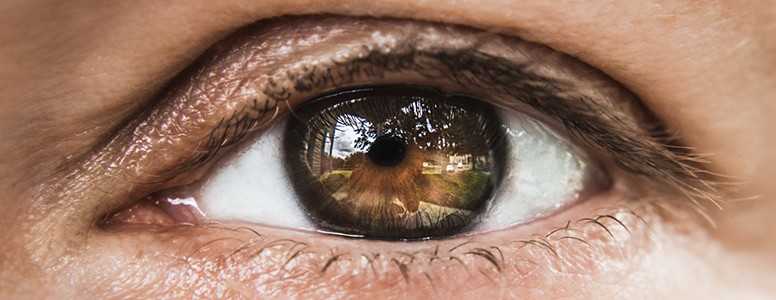Roughly 40 per cent of people with diabetes believe the NHS has “worsened” since the £1.1bn health service reforms, according to a survey from the InDependent Diabetes Trust (IDDT), a leading charity.
The introduction of Clinical Commission Groups (CCGs) and abolition of Primary Care Trusts formed part of a major NHS reform initiated in 2010. According to a National Audit Office report, this reform cost £1.1bn by the end of March 2013.
This new IDDT report, entitled “Diabetes 2015: Care in Crisis”, surveyed over 15,000 people with diabetes. The findings included:
Nearly 40 per cent believe the NHS has worsened since the health service reforms
Roughly 2.5 million people have not received high-quality, structured education
Only 37 per cent were given appropriate diet and exercise advice when diagnosed
32 per cent said they didn’t feel their GP and/or practise nurse knew enough about diabetes
The IDDT have called for Health Secretary Jeremy Hunt to make fundamental changes, including the prioritisation of care for people with type 1 diabetes and type 2 diabetes. They have also requested CCGs to be strongly encouraged to follow NICE guidance to commission high-quality, structured education courses, and for a review to produce evidence-based dietary guidelines for diabetes.
Jenny Hirst, Co-Chair of the charity, said: “While the new national Diabetes Prevention Programme is important, the Trust is very concerned that many of three million plus people who already have diabetes are not receiving the care and treatment they need and deserve. Not only does this adversely affect their long-term health but this added risk of complications of diabetes increases the financial burden placed on the NHS.
“The Trust has over 17,000 members, all of whom live with diabetes. It is clear from contact with members that the care, education and treatment of people with diabetes varies greatly across the country. Some people are receiving excellent care but unfortunately for many people, it is less than adequate.”
The IDDT are supporters of the Hypo Awareness Program, a free education program in which 74 per cent of users have report that they know how to avoid and treat hypos as a result of the program.
What's new on the forum? ⭐️
Get our free newsletters
Stay up to date with the latest news, research and breakthroughs.








